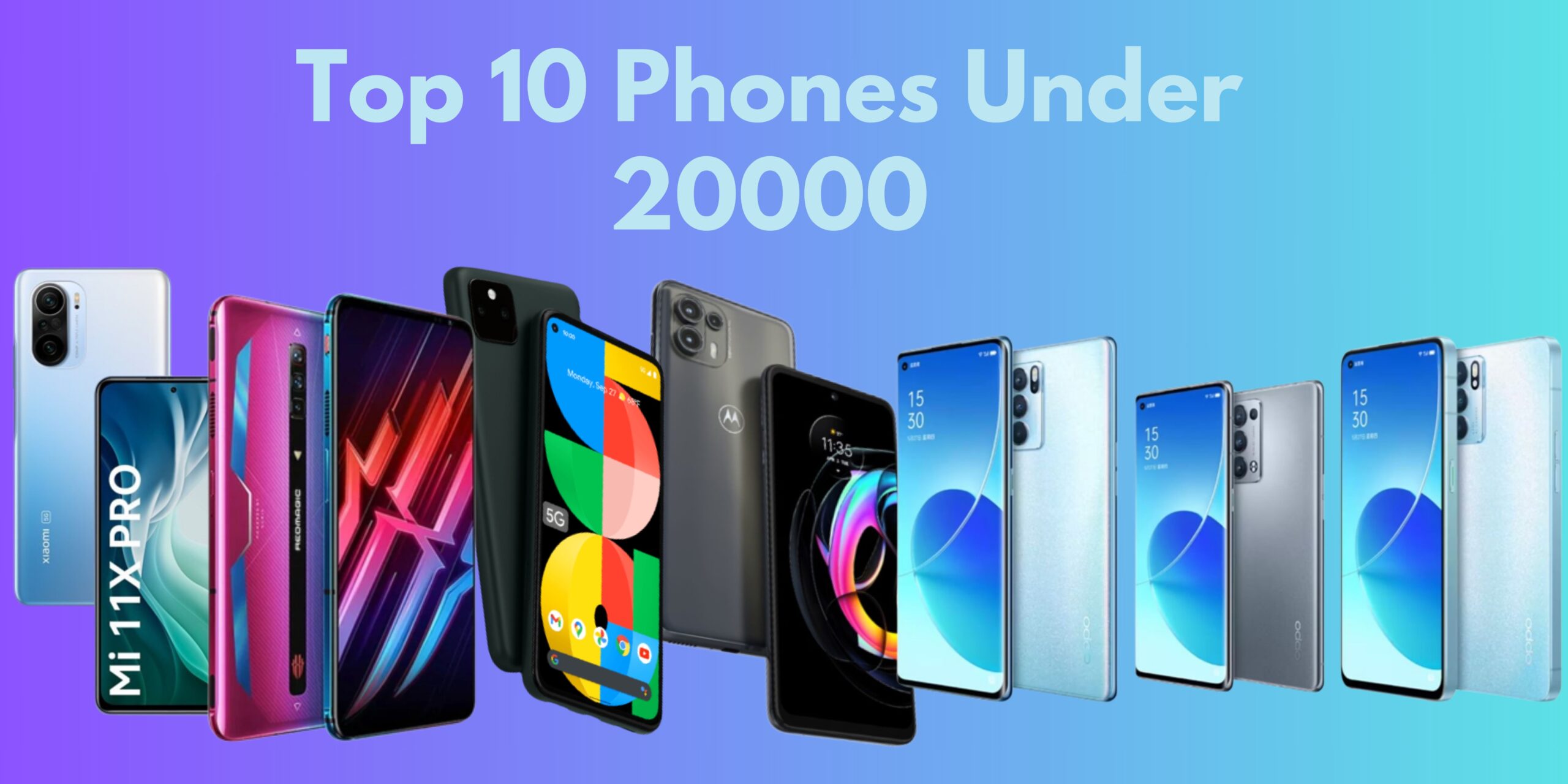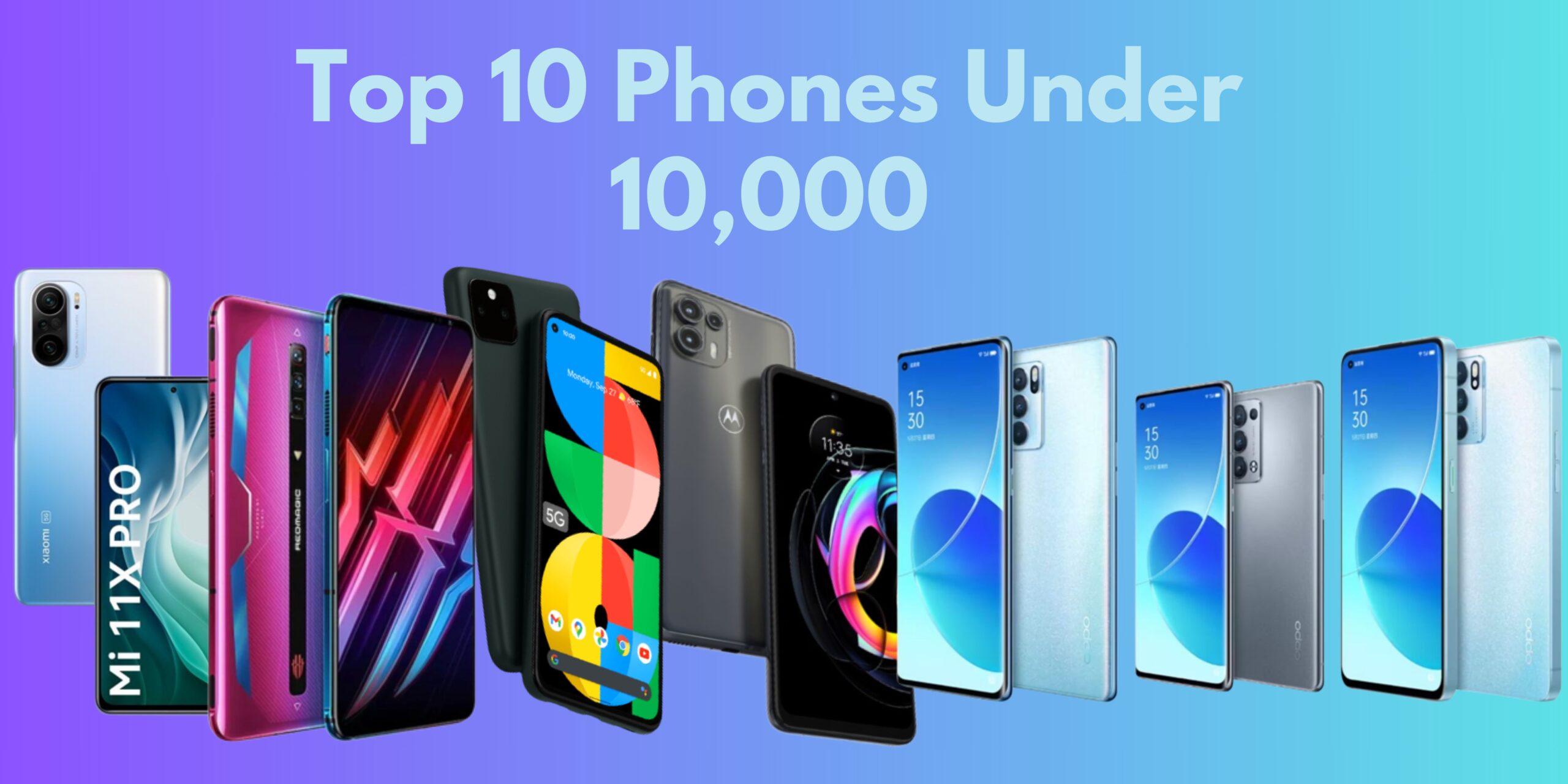The Future of Smart Healthcare Devices
Smart healthcare devices are playing a pivotal role in revolutionizing the way individuals monitor and manage their health. This article delves into the future of smart healthcare devices, exploring cutting-edge innovations that promise to usher in a new era of personalized wellness, preventive care, and improved patient outcomes.
1. Wearable Health Trackers: Beyond Fitness Monitoring
Wearable health trackers, currently popular for monitoring fitness metrics, are evolving into comprehensive health companions. The future will see these devices integrating advanced sensors and artificial intelligence (AI) algorithms to provide real-time health insights, including continuous monitoring of vital signs, sleep patterns, and even early signs of medical conditions.
2. Remote Patient Monitoring: Bridging Gaps in Healthcare
The future landscape of healthcare includes the widespread adoption of remote patient monitoring devices. These devices allow healthcare providers to remotely track patients’ vital signs and health metrics, enabling proactive intervention and personalized care plans. This not only enhances patient convenience but also addresses gaps in healthcare accessibility, especially for those in remote or underserved areas.
3. Smart Contact Lenses and Glasses: Vision Beyond Optics
The integration of smart technology into contact lenses and glasses is poised to redefine eye care. Smart contact lenses may monitor glucose levels in tears for diabetic patients, while smart glasses can provide augmented reality (AR) overlays of medical information, aiding healthcare professionals in diagnostics and surgeries.
4. AI-powered Health Assistants: Personalized Healthcare Guidance
The future envisions AI-powered health assistants that offer personalized healthcare guidance. These virtual assistants, equipped with advanced AI algorithms, can analyze health data, provide recommendations for lifestyle modifications, and even alert users to potential health risks. This proactive approach empowers individuals to make informed decisions about their well-being.
5. Implantable Health Sensors: Seamless Integration into the Body
Implantable health sensors represent the frontier of smart healthcare devices, providing a direct interface with the human body. These tiny sensors can monitor specific biomarkers, deliver medication, or even stimulate nerves for therapeutic purposes. The integration of implantable devices offers a seamless and continuous monitoring solution for chronic conditions.
6. Smart Inhalers: Improving Respiratory Care
Smart inhalers are set to transform respiratory care for individuals with conditions such as asthma or chronic obstructive pulmonary disease (COPD). These inhalers, equipped with sensors, track medication usage, inhalation techniques, and environmental factors affecting respiratory health. The data collected can be shared with healthcare providers for optimized treatment plans.
7. Telemedicine Integration: Redefining Doctor-Patient Interactions
Smart healthcare devices are increasingly integrated with telemedicine platforms, enabling virtual consultations and remote diagnostics. Patients can use connected devices to measure vital signs, share data with healthcare professionals in real-time, and receive timely medical advice, reducing the need for in-person visits and improving healthcare accessibility.
8. DNA Testing Kits: Personalized Genetic Insights
The future of smart healthcare involves the widespread use of DNA testing kits for personalized health insights. These kits analyze individuals’ genetic makeup to identify predispositions to certain diseases, offer personalized nutrition and fitness recommendations, and guide healthcare decisions based on genetic factors.
9. Continuous Glucose Monitoring (CGM) Systems: Transforming Diabetes Management
For individuals with diabetes, the future brings advanced continuous glucose monitoring (CGM) systems. These smart devices provide real-time glucose readings, track trends, and offer predictive insights. Enhanced CGM systems may even integrate with insulin pumps, creating a closed-loop system for automated diabetes management.
10. Blockchain-enabled Health Data Security: Safeguarding Patient Information
As smart healthcare devices generate and share sensitive health data, the future emphasizes the integration of blockchain technology for enhanced security. Blockchain ensures the integrity and privacy of health records, allowing patients to have greater control over their data and facilitating secure information exchange between healthcare providers.
A Paradigm Shift in Healthcare
The future of smart healthcare devices promises a paradigm shift in how individuals engage with their health and interact with the healthcare system. From wearables providing continuous health monitoring to AI-powered virtual assistants offering personalized guidance, these innovations are set to empower individuals, improve preventive care, and contribute to a more efficient and patient-centric healthcare ecosystem. As technology continues to advance, the integration of smart healthcare devices is poised to redefine the future of wellness and healthcare delivery.



Pingback: Impact of AI Across Industries - Manoftech